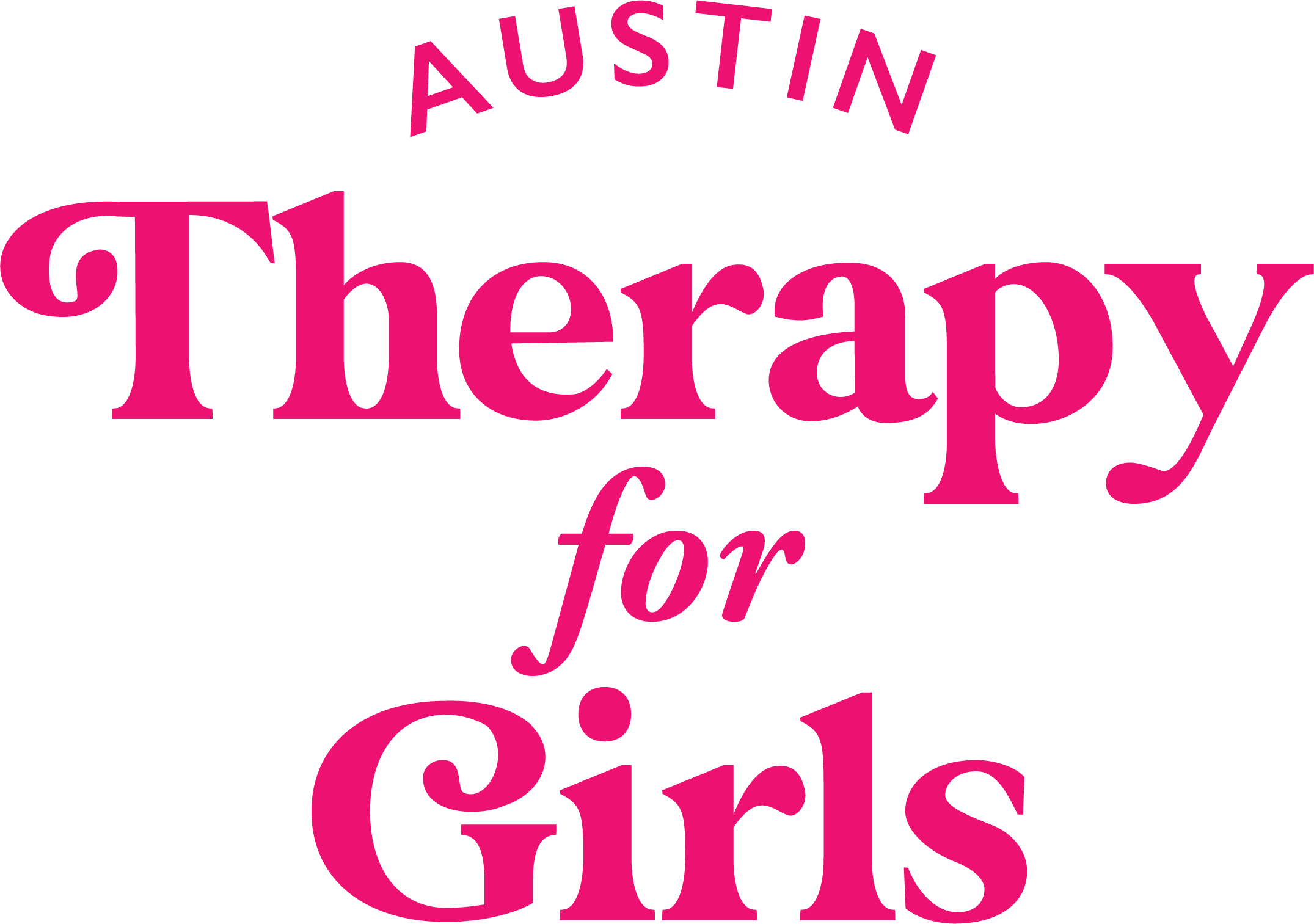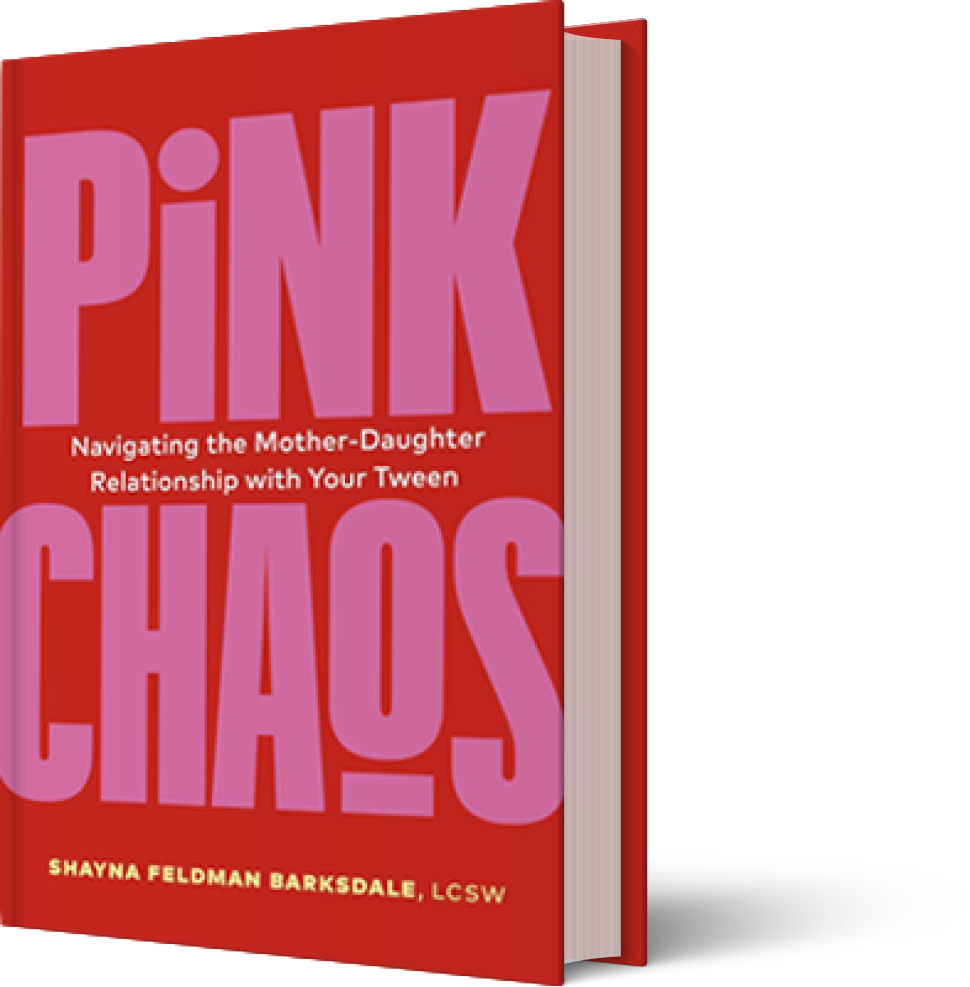“The Habits of Supremely Happy People”
 I know that the holidays are always a very exciting time, but sometimes they can be a little stressful too. While some of you may be feeling overwhelmed with all of the upcoming activities, I wanted to send you a little reminder to also enjoy them. Recently I have come across several articles and Facebook posts about “happy people”. I would like to summarize some of the tips described by Martin Seligman and his positive psychology movement. Here are a few of our favorite tips from a great article by Kate Bratskeir in The Huffington Post on Seligman’s work, titled “The Habits of Supremely Happy People”.
I know that the holidays are always a very exciting time, but sometimes they can be a little stressful too. While some of you may be feeling overwhelmed with all of the upcoming activities, I wanted to send you a little reminder to also enjoy them. Recently I have come across several articles and Facebook posts about “happy people”. I would like to summarize some of the tips described by Martin Seligman and his positive psychology movement. Here are a few of our favorite tips from a great article by Kate Bratskeir in The Huffington Post on Seligman’s work, titled “The Habits of Supremely Happy People”.
1) Happy People Surround Themselves with Other Happy People
Joy is contagious. Researchers of the Framingham Heart Study who investigated the spread of happiness over 20 years found that those who are surrounded by happy people ” are more likely to become happy in the future.” This is reason enough to dump the Debbie Downers and spend more time with uplifting people.
2) Happy People Cultivate Resilience
According to psychologist Peter Kramer, resilience, not happiness, is the opposite of depression: Happy people know how to bounce back from failure. Resilience is like a padding for the inevitable hardship human beings are bound to face. As the Japanese proverb goes, “Fall seven times and stand up eight.”
ATFG encourages clients to look at mistakes as learning opportunities.
3) Happy People are Mindful of the Good
It’s important to celebrate great, hard-earned accomplishments, but happy people give attention to their smaller victories, too. “When we take time to notice the things that go right– it means we’re getting a lot of little rewards throughout the day.” Susan Weinschenk, Ph.D. told the Huffington Post. ” That can help with our moods.” And, as Frank Ghinassi, Ph.D. explains, being mindful of the things that do go your way (even something as simple as the barista getting your coffee order right) can make you feel a greater sense of accomplishment throughout the day.
ATFG recommends that gratitude is a practice and to check-in about what you are thankful for each day either with someone or writing in a journal.
4) Happy People Uphold In-Person Connections
It’s quick and convenient to text, FaceTime and tweet at your buddies. But spending the money on a flight to see your favorite person across the country has weight when it comes to your well-being. “There’s a deep need to have a sense of belonging that comes with having personal interactions with friends,” says John Cacioppo, Ph.D., the director of the Center of Cognitive and Social Neuroscience at the University of Chicago. Social media, while it keeps us in touch, doesn’t allow us to physically touch, which harvests the warm-and-fuzzies and even decreases feelings of anxiety.
5) Happy People Value a Good Mixtape
Music is powerful. So powerful, in fact, that it could match up to the anxiety-reducing effects of massage therapy. Over a three month period, researchers from the Group Health Research Institute found that patients who simply listened to music had the same decreased anxiety symptoms as those who got 10 hour-long massages. Choosing the right tunes could be an important factor, however, as a happy or sad song can also affect the way we perceive the world. In one experiment where researches asked subjects to identify happy or sad faces while listening to music, the participants were more likely to see the faces that matched the “mood” of the music.
In our groups we talk about an anthem song to get you going.
6) Happy People Make Exercise a Priority
A wise, albeit fictional Harvard Law School student once said, “Exercise gives you endorphins. Endorphins make you happy.” Exercise has been shown to ease symptoms of depression, anxiety and stress, thanks to the various brain chemicals that are released that amplify feelings of happiness and relaxation. Plus, working out makes us appreciate our bodies more. One study published in the Journal of Health Psychology found that exercise improved how people felt about their bodies– even if they didn’t lose weight or achieve noticeable improvements.
7) Happy People Spend More Time on the Pillow
Waking up on the wrong side of the bed isn’t just a myth. When you’re running low on zzs, you’re prone to experience lack of clarity, bad moods and poor judgment. ” A good night’s sleep can really help a moody person decrease their anxiety,” Dr. Raymonde Jean, director of sleep medicine and associate director of critical care at St. Luke’s-Roosevelt Hospital Center told Health.com. “You get more emotional stability with good sleep.” — Take advantage of daylight savings time this weekend and get that extra hour of sleep.
Check out the full article here: “The Habits of Supremely Happy People”. It’s a must read!







